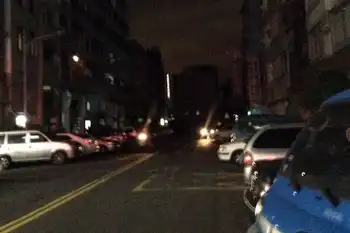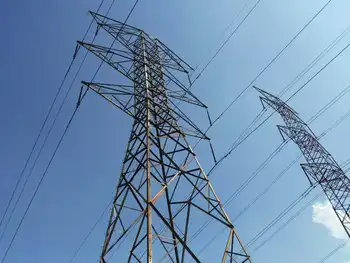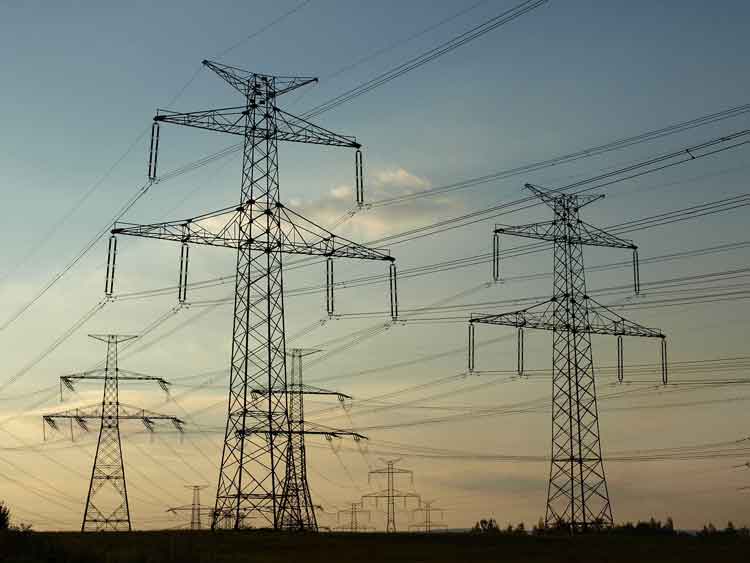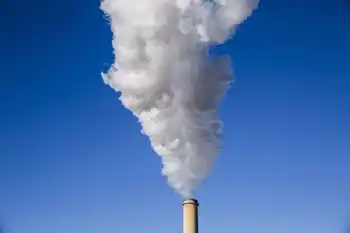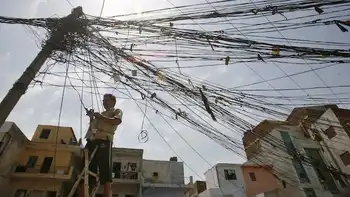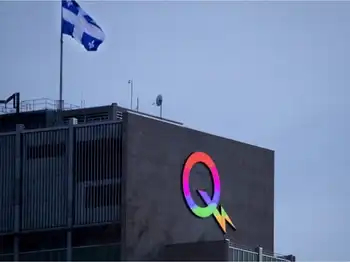Electrification Of Vehicles Prompts BC Hydro's First Call For Power In 15 Years

NFPA 70b Training - Electrical Maintenance
Our customized live online or in‑person group training can be delivered to your staff at your location.

- Live Online
- 12 hours Instructor-led
- Group Training Available
BC Hydro Clean Power Call 2024 seeks utility-scale renewable energy, including wind and solar, to meet rising electricity demand, advance clean goals, expand grid, and support Indigenous participation through competitive procurement and equity opportunities.
Key Points
BC Hydro's 2024 bid to add zero-emission wind and solar to meet rising demand and support Indigenous equity.
✅ Competitive procurement for utility-scale wind and solar
✅ Targets 3,000 GWh new greenfield by fiscal 2029
✅ Encourages Indigenous ownership and equity stakes
The Government of British Columbia (the Government or Province) has announced that BC Hydro would be moving forward with a call for new sources of 100 percent clean, renewable emission-free electricity, notably including wind and solar, even as nuclear power remains a divisive option among residents. The call, expected to launch in spring 2024, is BC Hydro's first call for power in 15 years and will seek power from larger scale projects.
Over the past decade, British Columbia has experienced a growing economy and population as well as a move by the housing, business and transportation sectors towards electrification, with industrial demand from LNG facilities also influencing load growth. As the Government highlighted in their recent announcement, the number of registered light-duty electric vehicles in British Columbia increased from 5,000 in 2016 to more than 100,000 in 2023. Zero-emission vehicles represented 18.1 percent of new light-duty passenger vehicles sold in British Columbia in 2022, the highest percentage for any province or territory.
Ultimately, the Province now expects electricity demand in British Columbia to increase by 15 percent by 2030. BC Hydro elaborated on the growing need for electricity in their recent Signposts Update to the British Columbia Utilities Commission (BCUC), and noted additions such as new generating stations coming online to support capacity. BC Hydro implemented its Signposts Update process to monitor whether the "Near-term actions" established in its 2021 Integrated Resource Plan continue to be appropriate and align with the changing circumstances in electricity demand. Those actions outline how BC Hydro will meet the electricity needs of its customers over the next 20 years. The original Near-term actions focused on demand-side management and not incremental electricity production.
In its Update, BC Hydro emphasized that increased use of electricity and decreased supply, along with episodes of importing out-of-province fossil power during tight periods, has advanced the forecast of the province's need for additional renewable energy by three years. Accordingly, BC Hydro has updated its 2021 Integrated Resource Plan to, among other things:
accelerate the timing of several Near-term actions on energy efficiency, demand response, industrial load curtailment, electricity purchase agreement renewals and utility-scale batteries; and
add new Near-term actions for BC Hydro to acquire an additional 3,000 GWh per year of new clean, renewable energy from greenfield facilities in the province able to achieve commercial operation as early as fiscal 2029, as well as approximately 700 GWh per year of new clean, renewable energy from existing facilities prior to fiscal 2029.
The Province's predictions align with Canada Energy Regulator's (CER) "Canada's Energy Future 2023" flagship report (Report) released on June 20, 2023. The Report, which looks at Canadians' possible energy futures, includes two long-term scenarios modelled on Canada reaching net-zero by 2050. Under either scenario, the electricity sector is predicted to serve as the cornerstone of the net-zero energy system, with examples such as Hydro-Quebec's decarbonization strategy illustrating this shift as it transforms and expands to accommodate increasing electricity use.
Key Details of the Call
Though not finalized, the call for power will be a competitive process, with the exact details to be designed by BC Hydro and the Province, incorporating input from the recently-formed BC Hydro Task Force made up of Indigenous communities, industry and stakeholders. This is a shift from previous calls for power, which operated as a continuous-intake program with a standing offer at a fixed rate, after projects like the Siwash Creek project were left in limbo.
Drawing on advice from Indigenous and external energy experts, the Province seeks to advance Indigenous ownership and equity interest opportunities in the electricity sector, potentially with minimum requirements for Indigenous participation in new projects to be a condition of the competitive process. The Province has also committed $140 million to the B.C. Indigenous Clean Energy Initiative (BCICEI) to support Indigenous-led power projects and their ability to respond to future electricity demand, facilitating their ability to compete in the call for power, despite their smaller size.
BC Hydro expects to initiate the call in spring 2024, with the goal of acquiring new sources of electricity as early as 2028, even as clean electricity affordability features prominently in Ontario's election discourse.





